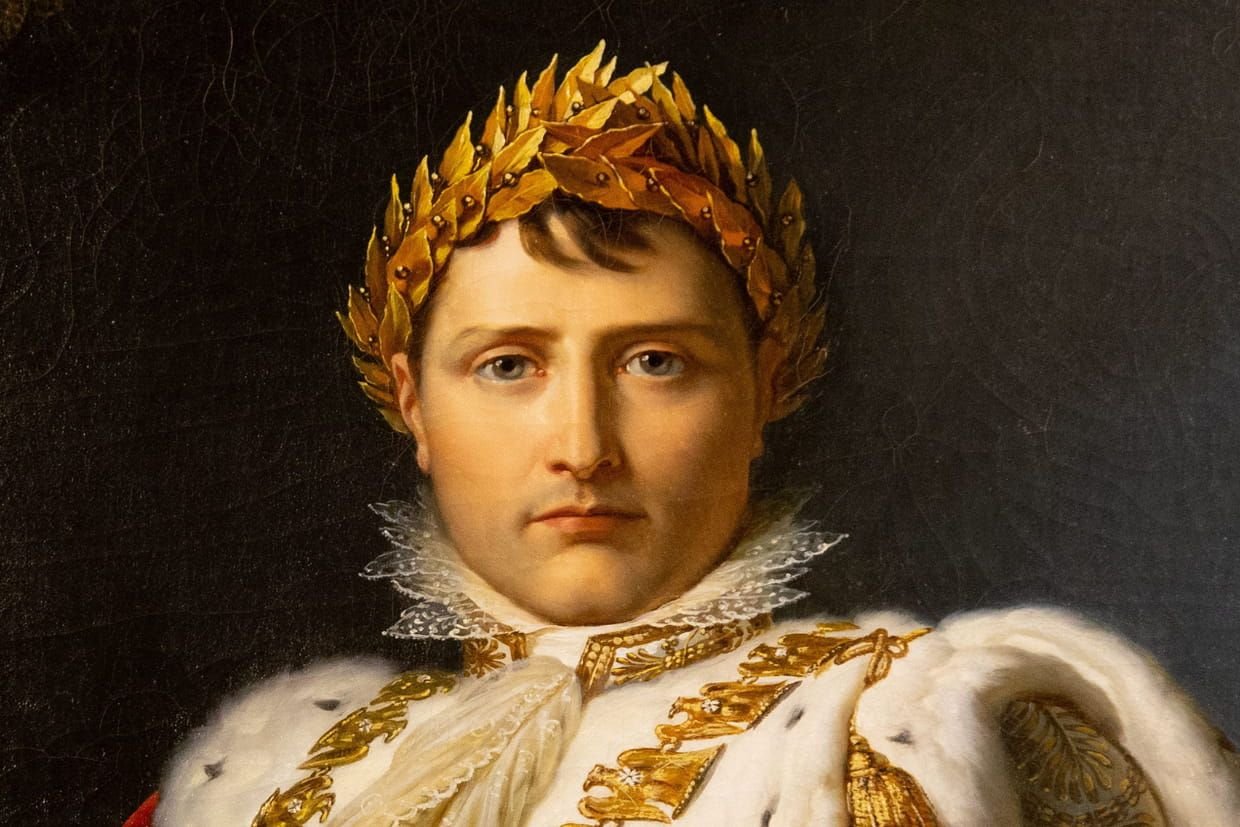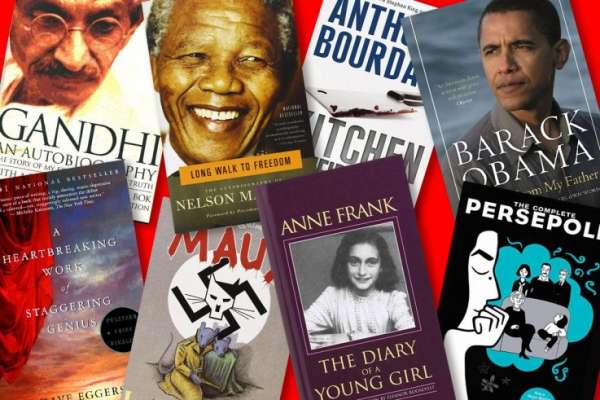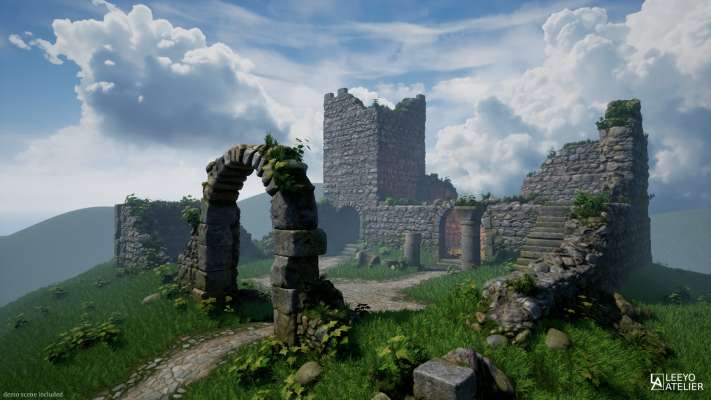
Napoleon Bonaparte
Napoleon Bonaparte (born Napoleone Buonaparte; 15 August 1769 – 5 May 1821), later known by his regnal name Napoleon I, was a French military commander and political leader who rose to prominence during the French Revolution and led successful campaigns during the Revolutionary Wars. He was the leader of the French Republic as First Consul from 1799 to 1804, then of the French Empire as Emperor of the French from 1804 until 1814, and briefly again in 1815. Napoleon's political and cultural legacy endures as a celebrated and controversial leader.
Napoleon was born on the island of Corsica, which had been ceded to France by the Republic of Genoa just a year before his birth. He was the second of eight surviving children born to Carlo Buonaparte, a lawyer, and Letizia Ramolino Buonaparte. Napoleon's family was of Italian descent, but he considered himself to be French.
Napoleon received his early education in Corsica, but at the age of 10 he was sent to the military school at Brienne-le-Château in mainland France. He excelled at his studies, and in 1784 he was admitted to the École Militaire in Paris. Napoleon graduated from the École Militaire in 1785 and was commissioned as a second lieutenant in the French army.
Napoleon's rise to prominence began during the French Revolution. In 1793, he was promoted to brigadier general for his success in defending the port of Toulon from the British. In 1795, Napoleon played a key role in suppressing the royalist insurrection of 13 Vendémiaire, which further enhanced his reputation.
In 1796, Napoleon was appointed commander-in-chief of the French army in Italy. He led the French to a series of stunning victories over the Austrians and their allies, which resulted in the signing of the Treaty of Campo Formio in 1797. The Treaty of Campo Formio gave France control of much of northern Italy and Belgium.
In 1798, Napoleon launched an expedition to Egypt. His goal was to disrupt British trade with India and to establish a French protectorate in the Middle East. Napoleon was initially successful, but his forces were eventually defeated by the British at the Battle of the Nile in 1798.
Napoleon returned to France in 1799 and staged a coup d'état, overthrowing the Directory and establishing the Consulate. Napoleon became First Consul of France, with near-dictatorial powers. In 1804, Napoleon crowned himself Emperor of the French.
Napoleon's reign as emperor was marked by a series of military campaigns and conquests. He defeated the Austrians at the Battle of Austerlitz in 1805 and the Prussians at the Battle of Jena-Auerstedt in 1806. In 1807, Napoleon signed the Treaty of Tilsit with Russia, which created a Franco-Russian alliance.
Napoleon's empire reached its peak in 1809, when it controlled most of continental Europe. However, his invasion of Russia in 1812 proved to be his undoing. The French army was decimated by the Russian winter and by Cossack guerrilla attacks.
In 1813, Napoleon was defeated by a coalition of European powers at the Battle of Leipzig. In 1814, he was forced to abdicate and was exiled to the island of Elba. However, Napoleon escaped from Elba in 1815 and returned to France. He raised a new army and attempted to regain control of the country, but he was defeated by the British and Prussians at the Battle of Waterloo in 1815.
Napoleon was exiled to the remote island of Saint Helena, where he died in 1821.
Napoleon was one of the most influential figures in modern history. He was a brilliant military commander who changed the way that wars were fought. He was also a skilled politician who reformed the French government and introduced a new legal code. Napoleon's legacy is complex and controversial, but there is no doubt that he was one of the most important figures in the history of Europe.
Comment
Marzouk Lamrani
Napoléon bonaparte is a important personality of french's history .I like these is super interesting thank you very much
Amar Dekkal
Wow this blog about one of the most influential figures in modern history is really nice
Samia Mimoune
The new generations are super lucky to have a hand on detailed histories of leaders like him. It allows anyone and almost everyone to learn without making mistakes. He is a great example of how the lack of decisiveness and great strategizing skills can jeopardize a whole nation by a mistake committed by its leader. If you have some skills, that doesn't make you ready for a promotion. Don't climb the ladder unless you acquire the right skills for the rule you are aiming for.















